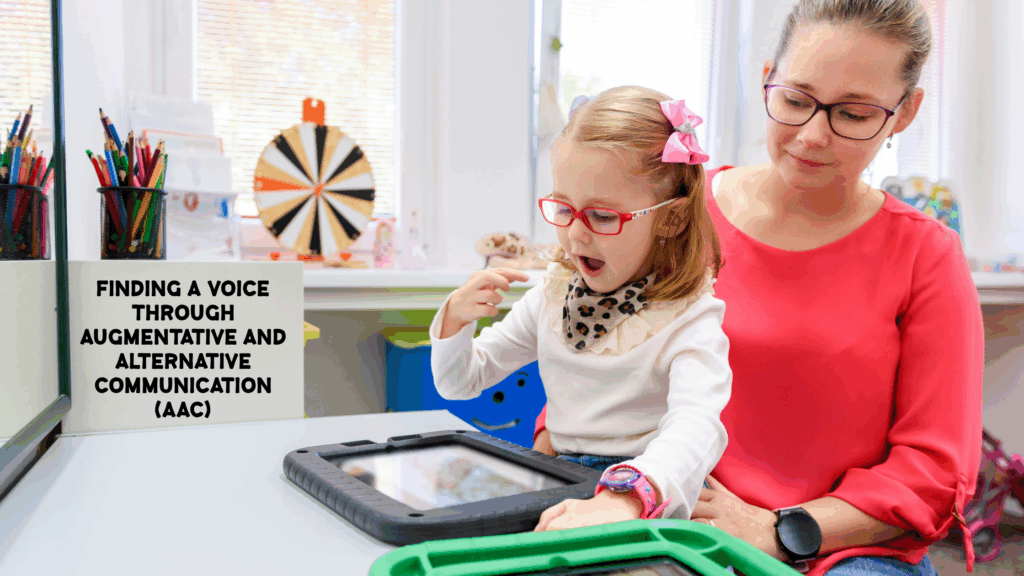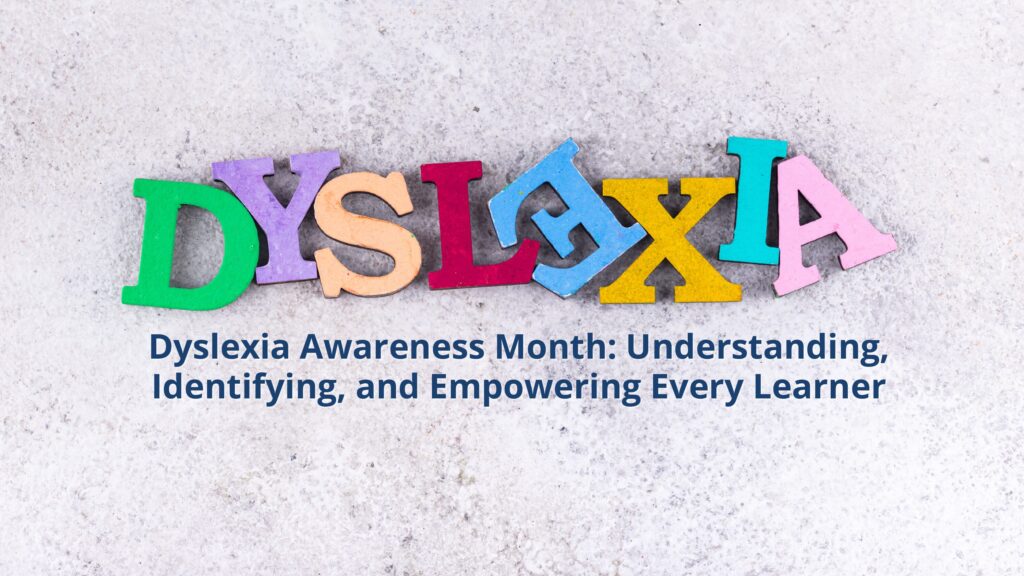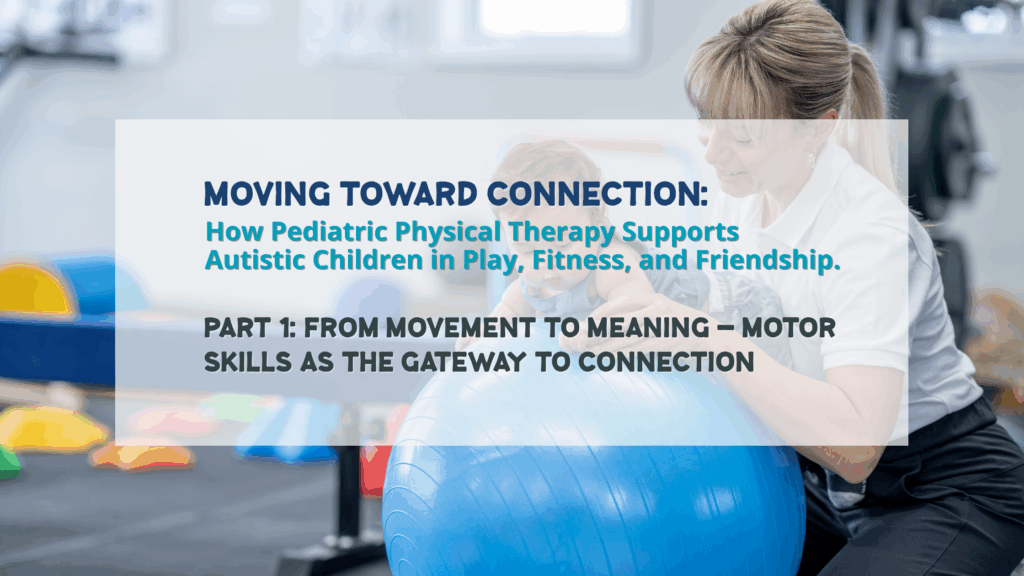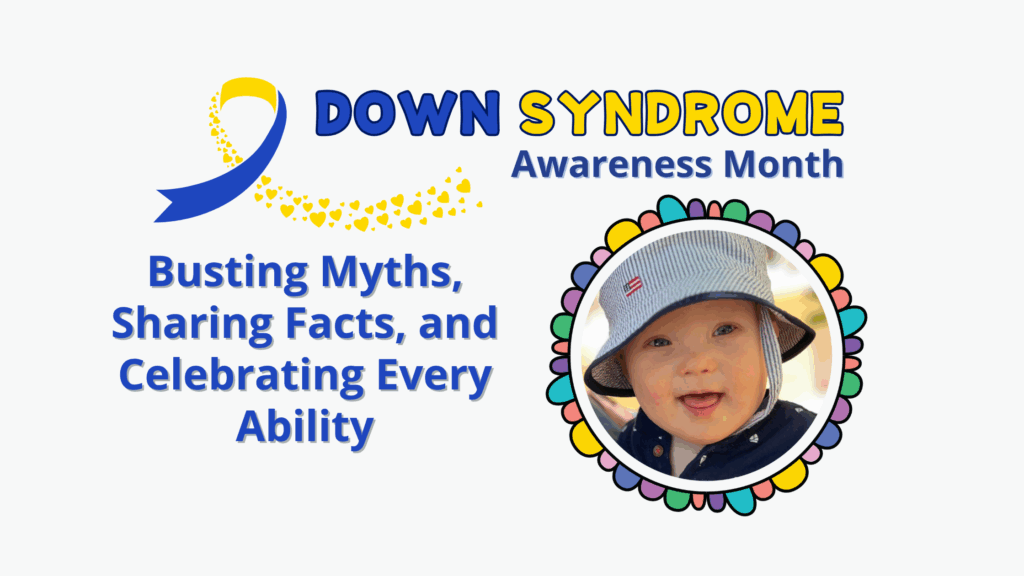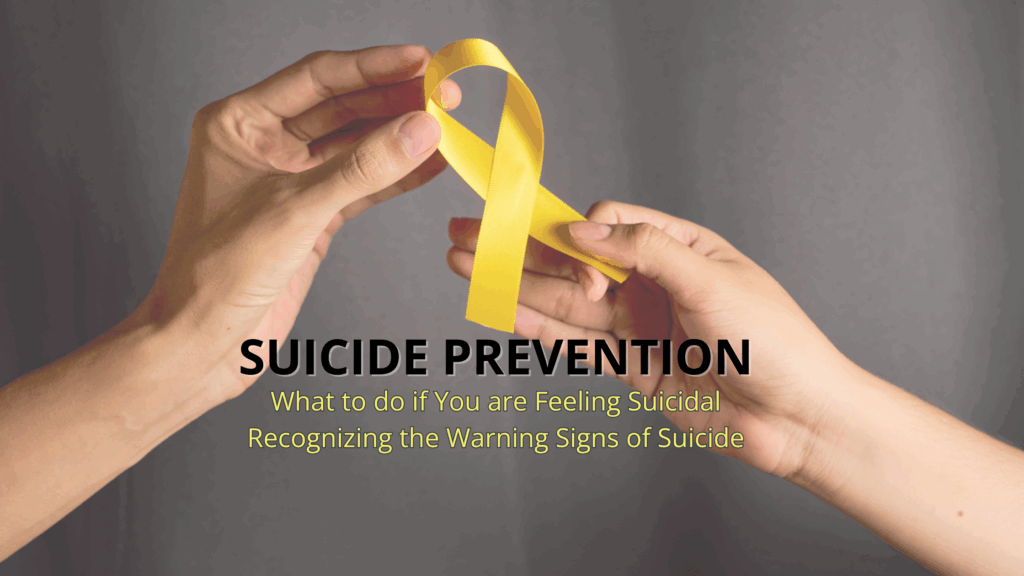Many families are being faced with their children having to stay home from school due to the coronavirus. Forced time at home can raise everyone’s stress levels, but even more so if your family is living with a Picky Eater or a Problem Feeder.
As Dr. Toomey, founder of SOS Approach to Feeding program, says “emotions are contagious”. Therefore, it is important to remember that when we, as adults, are stressed about the impact of the coronavirus on our lives, our children can sense our stress with their “emotional antennae”. Stress is particularly a problem for children with feeding difficulties because the stress hormone, adrenaline (fight or flight chemical in our brains), negatively impacts the ability to eat.
When adrenaline is high, the following happens at mealtimes:
· Adrenaline suppresses appetite directly by telling the brain to shut off all appetite signals.
· Adrenaline shunts all the blood in the GI tract from the intestines to the arms and legs in preparation for flight. Meaning if your child is stressed before or during a meal, they are not going to be able to digest the calories that they do eat.
· Adrenaline shifts your child into high alert/react mode versus a calm state necessary for learning and thinking. This may cause them to be more over-reactive if food is not their version of “perfect” and therefore tantrums will be more likely. Tantrums turn on even more adrenaline…so it becomes a vicious cycle!
Strategies to reduce stress:
· Minimize changes when possible. Try your best to keep your child on their usual eating schedule, and find a routine that works for your family.
o Try to keep your child’s meals consistent. For example, you might still serve your child the same lunch they would normally have at school.
o Try to avoid the kitchen staying “open” all day long, as we know kids who graze end up eating fewer calories over the course of the day.
· Incorporate movement activities throughout the day.
o Get outside! Take family walks, bike or scooter rides, hopscotch, blow bubbles, jump rope or playing catch or tag…just to name a few!
o If you can’t go outside: create an obstacle course in the living room, put some music on and have a dance party, play Simon says…so many possibilities! If you get stuck for ideas, look online for “indoor movement activities”.
o Now might be a great time to try some yoga or deep breathing exercises, which help counterbalance the stress hormones.
· Talk about issues that may be causing increased stress.
o Remind kids that even though things might feel worrisome and confusing, the helpers in our world are working together to keep everyone safe.
o Let them know that they can come and talk to you about any of their worries at any time. Together, you will figure out how to make it better.
Suggestions for Moving Forward:
· Involve your child(ren) in food prep and clean up and find ways to make it fun! Use this time together as an opportunity to get your kids into the kitchen with you. Allow your child to measure and add foods to the bowl and stir. While doing this talk about the foods they are interacting with, describe the shape, color, size, texture, smell, taste and sound. You can find a new recipe online, or make a family favorite.
· Have your child(ren) help you to plan the meals and snacks you will have over this next week. This will help minimize mealtime conflict and it will help you prepare your grocery list. Keep in mind that each snack or meal offered should have at least 1 protein, 1 starch and 1 fruit or veggie (i.e. cheese and crackers and a grapes). Allow child to have 2 preferred foods while exposing them to 1 new or non-preferred food.
· Find ways to connect with loved ones and friends, even while practicing Social Distancing. Video calls (skype, facetime, zoom, etc.) can be a great way to stay connected. You could even cook a favorite dish with your favorite friend!
· Include some downtime each day. Allow time for each person in the family to choose a quiet activity to do by themselves. We all need some “alone time” to choose what we want to do, as independently as is age-appropriate.
You can contact TES if your family needs specific feeding therapy support. We are here to support you!


 14 Apr 2020
14 Apr 2020 